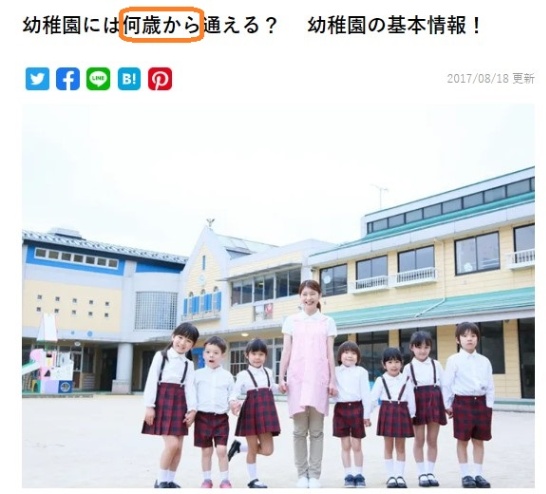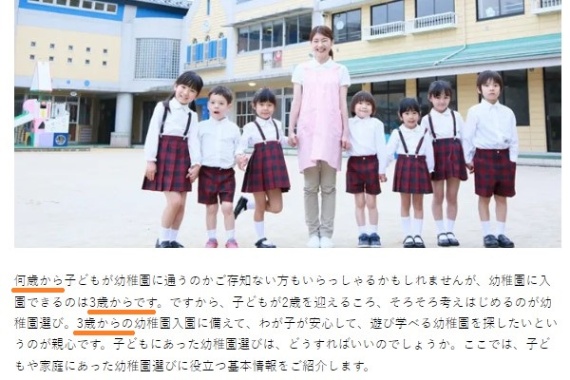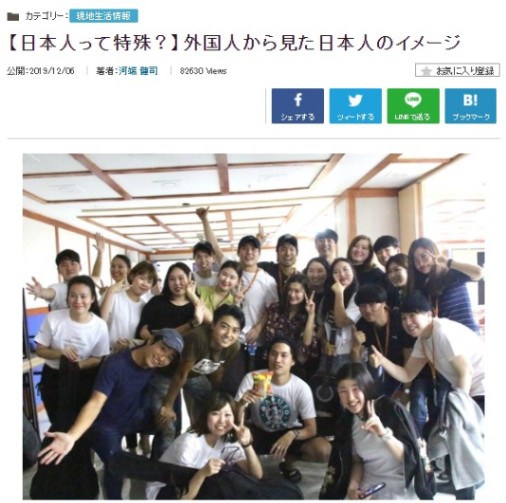から (kara) Meaning Japanese Grammar - Because
Sandro Maglione
Get in touch with meThe particle から (kara) is one of the most used particles in Japanese, and it has various meanings, including because, since, from.
The two main uses of から are:
- Indicate an origin, in the sense of a starting point or place (
from) - Indicate an explanation, reason or cause of what has been said (
because,because)
から is then used in various expressions, including:
In this post we learn more about the meaning of から, how it is formed, and when から is used through real example sentences.
から to indicate an origin
The first use of から is to indicate the origin or starting point of something, both temporally (starting from...) and spatially (arrived from...).
In these cases から generally translates as from.
Let's see a simple example to understand this meaning:
来年から開始します。
We will start from next year.
In this sentence the particle から follows the noun 来年 next year. For this reason, から indicates that next year is the origin, the starting point of the indicated action, which in this example is begin (開始する) in its polite form:
Let's also see an example where から indicates a physical starting point:
このバスはニューヨークから来た。
This bus comes from New York.
In this case から indicates a place of origin, which is placed before the particle: ニューヨーク New York.
から~まで: from one point to another
Two particles that are often associated in a sentence are から and まで:
- から indicates a point of origin (
starting from...) - まで indicates a point of arrival (
...until)
その記事を隅から隅まで読んだ。
I have read that article from cover to cover.
この川からあの山まで走れ!
Run from this river to that mountain over there!
Difference between から and に
The particles から and に are similar in that they can both indicate an origin. For this reason, in certain contexts it is possible to use から or に while keeping the same meaning.
Specifically, when the sentence indicates a starting point or origin, then either から or に can be used:
ネコさんは友達から笑われた。
Neko-san was teased by her friends.
ネコさんは友達に笑われた。
Neko-san was teased by her friends.
In this case the origin of the action is friends 友達, so it is possible to use both particles.
However, when the sentence does not indicate the origin of an action, then から cannot be used, but に is used:
ネコはタナカにパーティーに来てもらった。
Neko received Tanaka's arrival at the party.
In this example the party (パーティー) is not the point of origin, but rather indicates the destination (location) of the action. For this reason, only the particle に can be used.
In this sentence the form てもらう belonging to the giving and receiving verbs was used; Neko ‘received’ from Tanaka his presence at the party. This also implies a request from Neko to Tanaka to come to the party.
から: reason or cause
The second main use of から is to indicate a reason or cause that led to performing an action or being in a certain state.
In these cases から translates as because, since, the reason is that....
When から indicates a reason or cause it follows verbs, adjectives, and nouns. When から is preceded by an adjective in な or a noun, add だ:
眠いから、寝る。
Because I'm sleepy, I'm going to sleep.
Another way から can be found to indicate a reason or cause is at the end of the sentence before だ (in informal situations だ can be omitted):
眠いからだ。
It's because I'm sleepy.
から in these cases is used to say:
- Because
(A), then(B) - Why
(B)? It is because(A)
The (A) part of the sentence therefore indicates the reason or cause that led to (B).
来年日本へ行くから日本語を勉強している。
Because I’m going to Japan next year, I’m studying Japanese.
幼稚園 the Kindergarten

幼稚園には何歳から通える?幼稚園の基本情報!
At what age can you attend kindergarten? Basic information about kindergartens!
Here is the interrogative form 何歳から that literaly means from what age? Other interesting uses of から in the article:

何歳から子どもが幼稚園に通うのかご存知ない方もいらっしゃるかもしれませんが、幼稚園に入園できるのは3歳からです。
Some people may not know at what age children enter kindergarten, but children can start kindergarten from the age of three.
- 何歳から at what age, from what age
- 3歳から from the age of 3 years
3歳からの幼稚園入園に備えて、わが子が安心して、遊び学べる幼稚園を探したいというのが親心です。
In preparation for starting kindergarten at the age of 3, parents want to find a kindergarten where their children feel safe, can play and learn.
We find から followed by the particle の:
3歳 + から + の + 幼稚園入園
Anime from the 80s
If you are looking for Anime Soundtracks click アニメのサウンドトラック anime no saundotorakku or simply アニメサントラanime santora
あしたはどこからうまれてくるの、わたしはあしたがあしたがすき。
Where does tomorrow come from, I love tomorrow, I love tomorrow.
0:00.00
-1:0-1.00
日本人と外国人

日本人って特殊?外国人から見た日本人のイメージ
Are Japanese people special? Image of the Japanese from a foreigner's point of view
Literally: Image of Japanese people as seen by foreigners
てから: after having done
An expression that uses the particle から is てから. This expression consists in adding から after the て form of the previous verb:
てから is used to indicate that something starts immediately after performing another action (temporal order):
私は友達に電話してからうちを出た。
After calling my friend, I left the house.
In the example we can see how the second action going out (出た) follows in temporal order the first action calling (電話して).
てから implies a sense of planning or control, and emphasizes the chronological order of events.
When you do not want to emphasize the importance of the temporal order of events, you can omit the particle から and simply leave the て form:
ジョギングをしてシャワーを浴びた。
After jogging I took a shower.
Examples of から
パーティーは8時から始まる。
The party starts from 8 o’clock.
誰から聞いたの?
Who did you hear it from?
その話は先生から聞きました。
I heard that story from my teacher.
Similar grammar points in Japanese 📚
だけ
だけ (dake) Meaning Japanese Grammar - Only
たりする
たりする (tari suru) Meaning Japanese Grammar - Do Such Things as A, B Etc
ちがう
ちがう (chigau) Meaning Japanese Grammar - No
まだ
まだ (mada) Meaning Japanese Grammar - Still
ないでください
ないでください (naide kudasai) Meaning Japanese Grammar - Please Do Not Do
たい
たい (tai) Meaning Japanese Grammar - Want